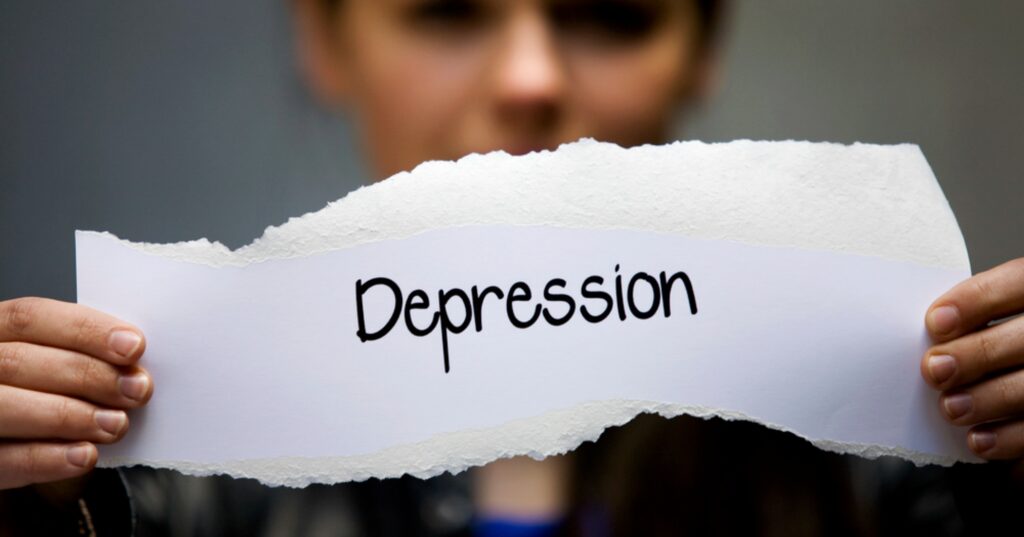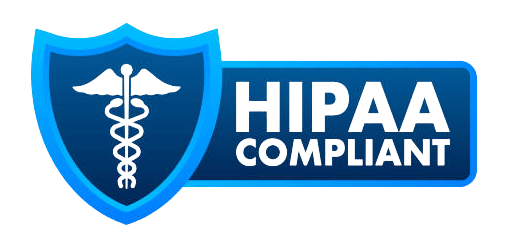SPECIALTIES

Adult Depression
It is not uncommon to experience periods of feeling down or low. However, depression is a more serious condition characterized by persistent feelings of sadness, loss of interest, and other negative emotions that interfere with your daily life. While symptoms typically last for at least two weeks without relief, adult depression is treatable with the help of a qualified mental health professional.
Causes of Adult Depression
The exact cause of depression is unknown, but several factors can contribute to its development, including:
- Brain chemistry: Imbalances in brain chemicals like serotonin and norepinephrine are thought to play a role in depression.
- Genetics: Having a family history of depression increases your risk.
- Stressful life events: Major life stressors like job loss, financial problems, or relationship difficulties can trigger depression.
- Death or loss of a loved one: Grief can lead to depression, especially if it’s complicated or unresolved.
- Traumatic experience: Experiencing a traumatic event like abuse, violence, or a natural disaster can increase your risk of depression.
- Divorce: The stress and emotional upheaval of divorce can contribute to depression.
- Social isolation: Lack of social connection is a risk factor for depression.
- Medical conditions: Certain medical conditions, such as chronic pain, thyroid problems, and some medications, can increase your risk of depression.
- Substance use: Alcohol and drug use can both contribute to and worsen depression.
Symptoms of Adult Depression
Depression can manifest in both emotional and physical symptoms. Some common signs and symptoms include:
- Feelings of hopelessness and sadness: These feelings are persistent and may interfere with your ability to enjoy life.
- Loss of interest in pleasurable activities: Things you used to enjoy, like hobbies or spending time with loved ones, no longer bring you pleasure.
- Changes in appetite or weight: You may experience significant changes in eating habits, such as overeating or undereating, leading to weight loss or gain.
- Sleep disturbances: Trouble falling asleep, waking up frequently during the night, or sleeping too much are all common symptoms.
- Thoughts of self-harm or suicide: If you are experiencing these thoughts, it’s important to seek immediate help. Help with Depression and Anxiety, including suicidal thoughts, is readily available through crisis hotlines or mental health professionals.
- Difficulty concentrating or making decisions: Depression can impair your cognitive function and make it difficult to focus or make clear decisions.
- Physical symptoms: Headaches, stomachaches, fatigue, and unexplained aches and pains are all possible physical manifestations of depression.
Treatment Options for Adult Depression
There is no single cause of depression, and there is no one-size-fits-all treatment. However, many tremendous, time-tested therapies for mental health can help manage symptoms and improve your overall well-being. Here are some options to consider:
- Therapy for Depression: A therapist can provide a safe space for you to talk about your feelings, learn coping mechanisms, and develop a positive outlook.
- Depression Counseling: Similar to therapy, depression counseling can help you address negative thoughts and emotions and develop strategies for managing your depression.
- Treatment for Depression and Anxiety: Sometimes, symptoms of depression and anxiety can co-occur. A qualified therapist can create a treatment plan that addresses both conditions.
- Tapping for Anxiety and Depression: While not a mainstream treatment, some people find relief through Emotional Freedom Techniques (EFT), also known as tapping. It involves tapping on specific meridian points while focusing on negative thoughts or feelings.
Depression is a common mental health condition, and there is effective treatment available.



